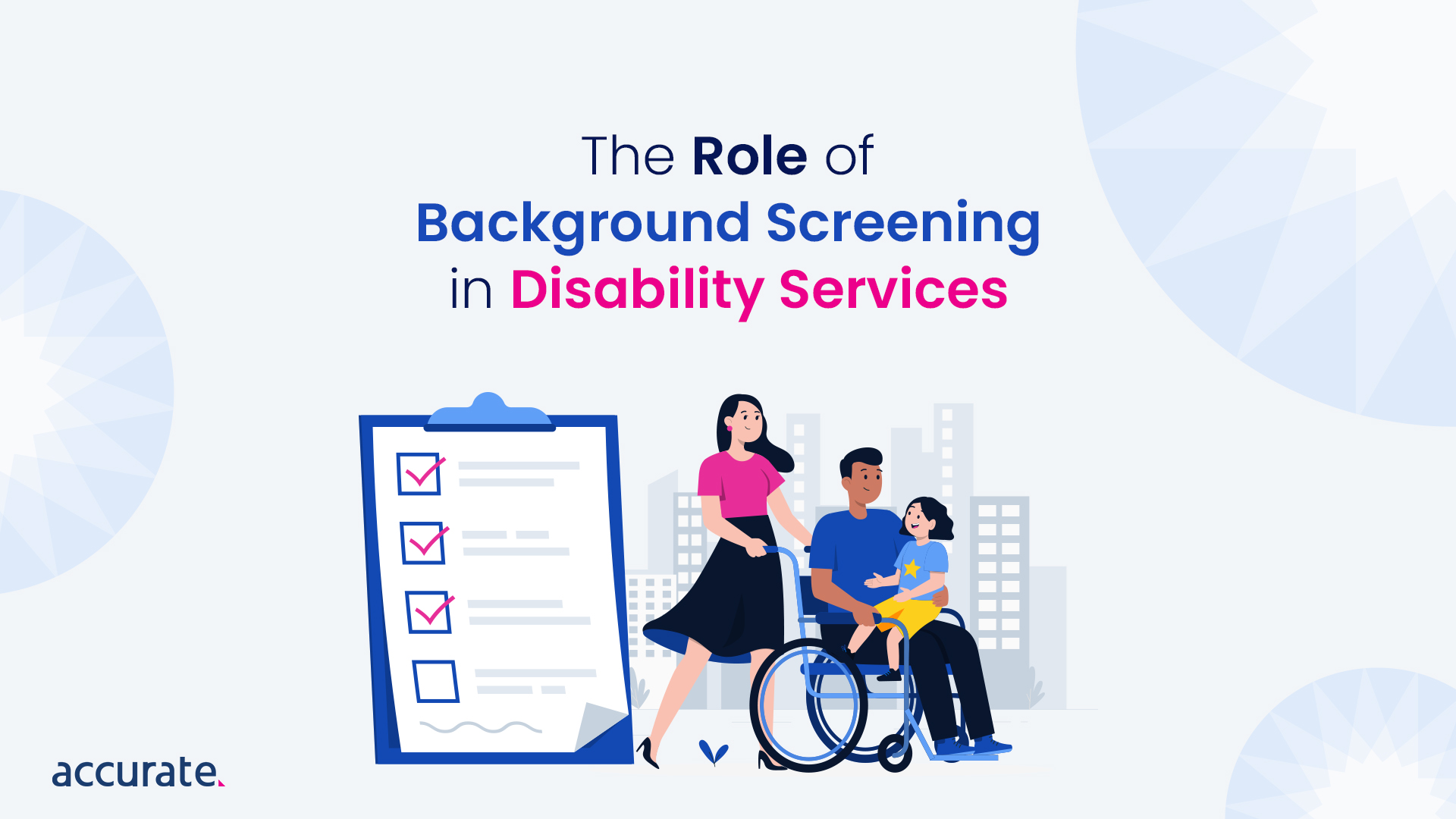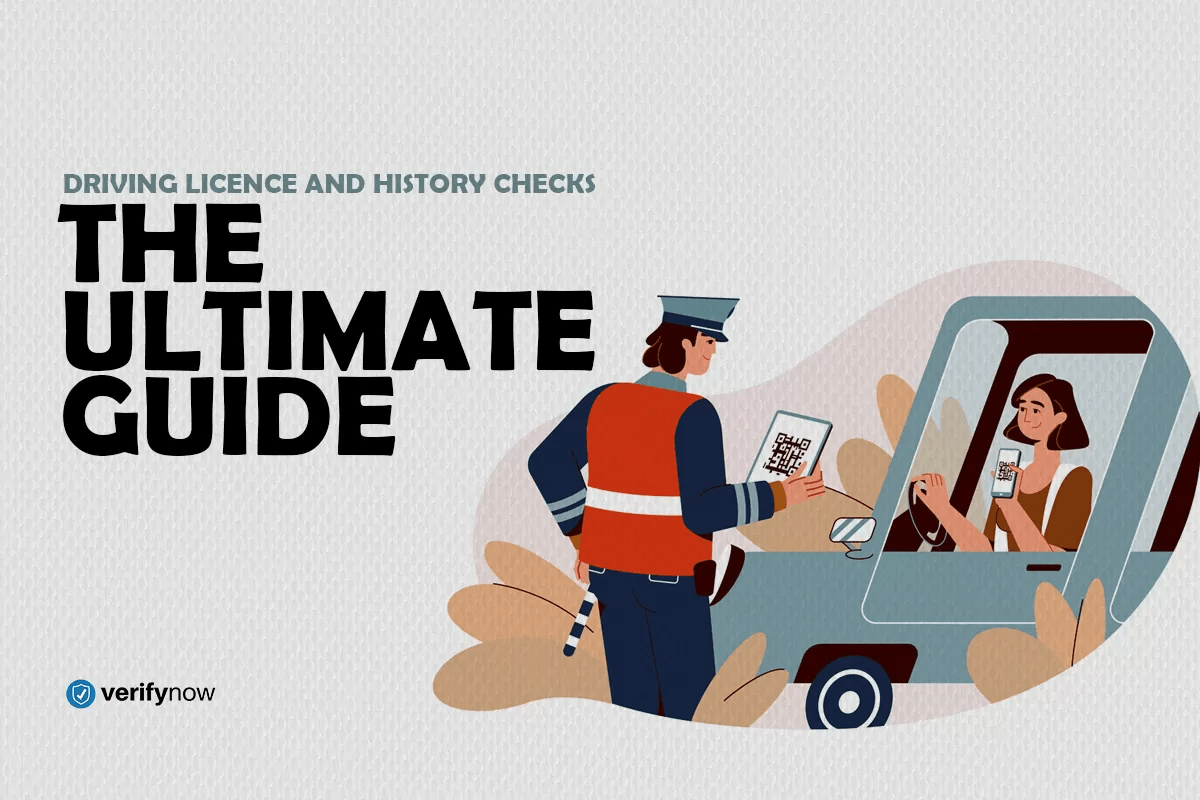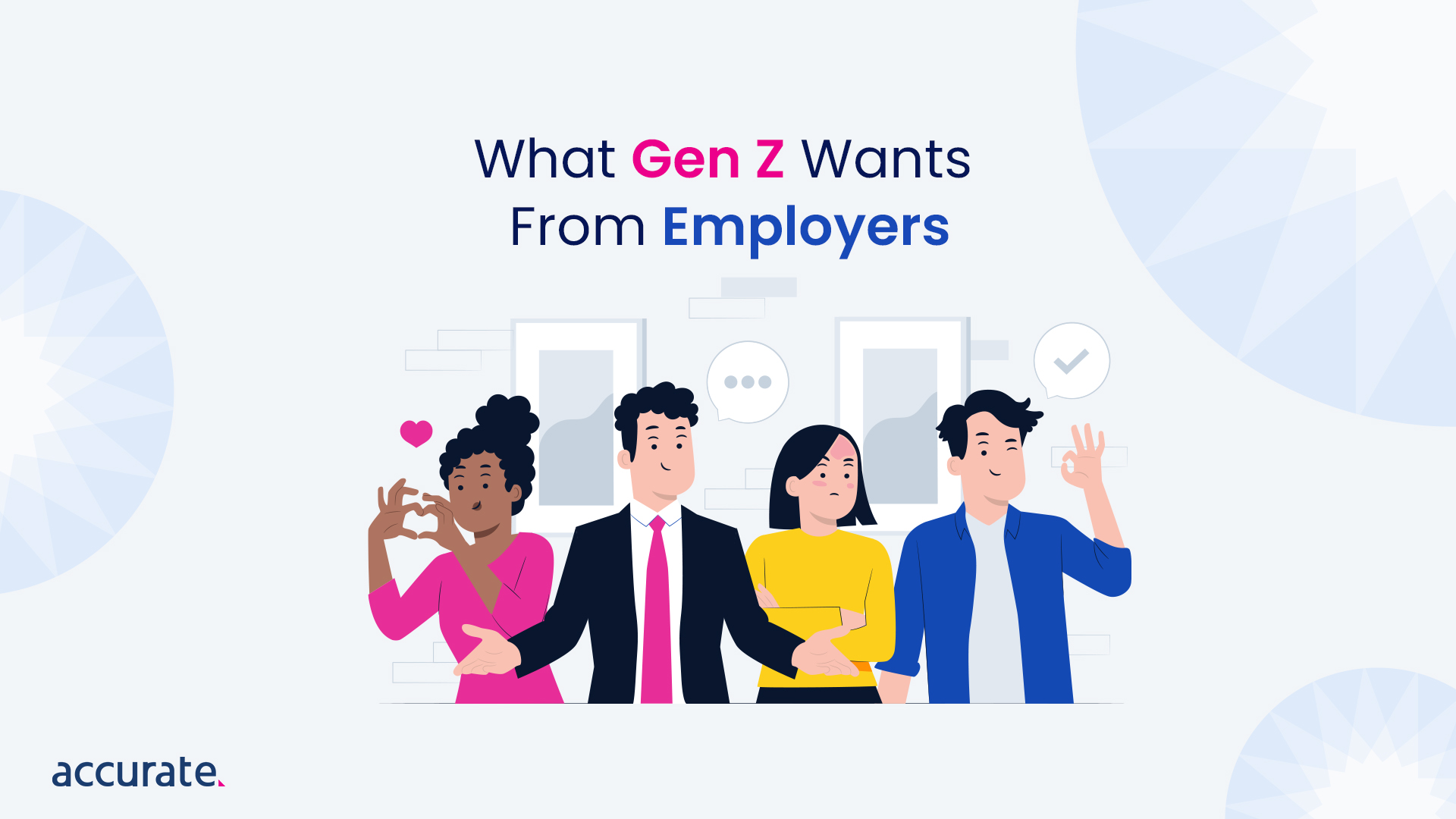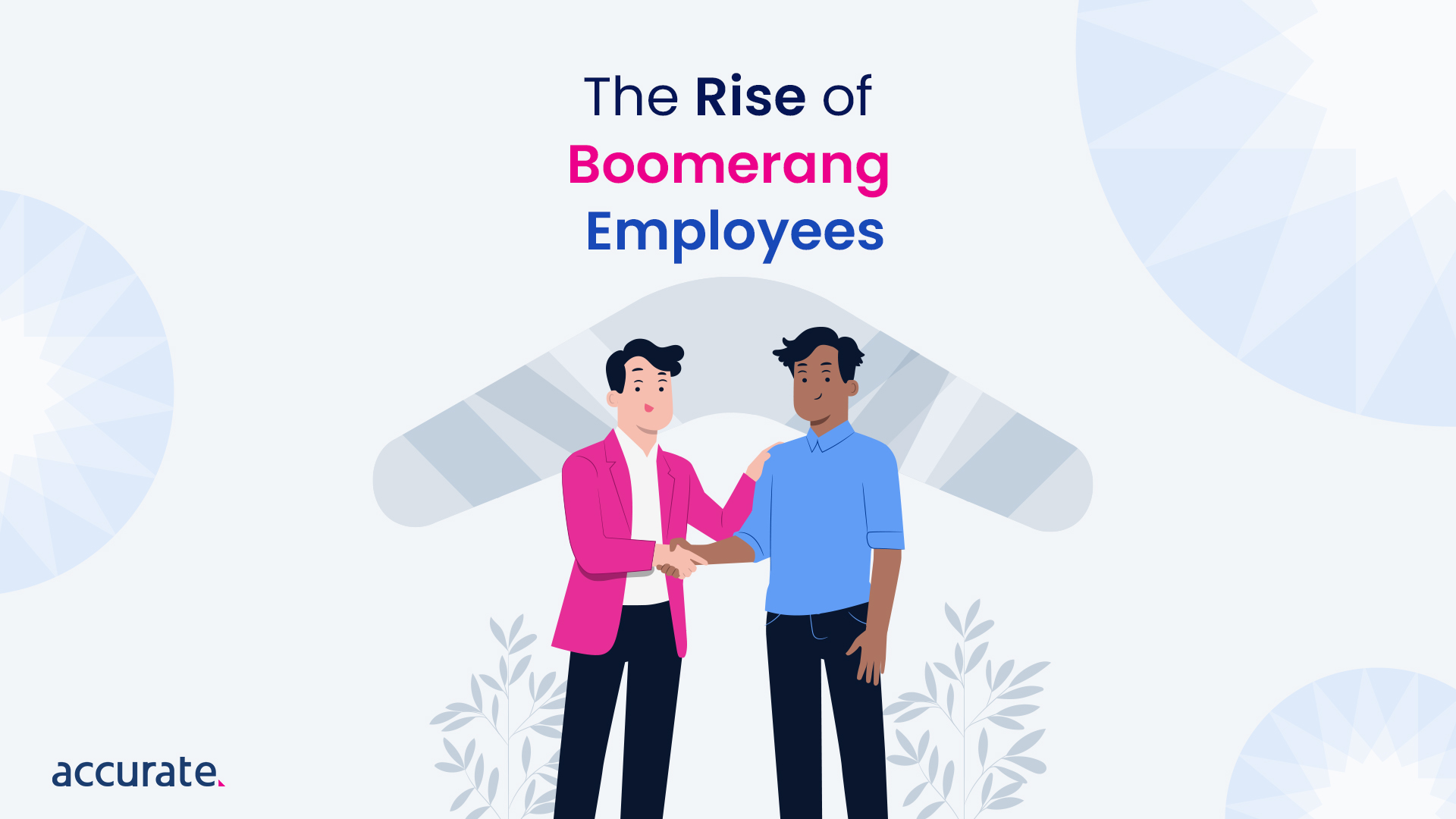The disability and social services sector in Australia stands at the intersection of care, trust, and safety. And within this, background screening protects vulnerable individuals while ensuring the highest standards of professional service delivery.
So, let’s explore how comprehensive screening practices shape a safer, more reliable support environment within the sector.
Understanding the Disability & Social Services Landscape
The disability and social services workforce in Australia continues to grow, with the sector employing over 270,000 workers supporting NDIS participants alone. Each worker holds a position of trust, making thorough background screening essential for maintaining participant safety and service quality.
But how does the screening process operate?
The NDIS Worker Screening Framework
The NDIS Worker Screening Check represents a unified national approach to worker screening. This system goes beyond traditional police checks, creating a comprehensive safety net for participants and providers.
Core Elements of Worker Screening
The employment screening process looks at multiple aspects of a candidate’s background:
- National criminal history and police records
- Professional conduct reports and disciplinary actions
- Working with children check status
- International police records where relevant
- Current investigations or pending charges
- Professional registration and qualification verification
Continuous Monitoring Benefits
It’s important to note that the NDIS Worker Screening system operates as a living document rather than a one-time check. This dynamic approach means:
| Feature | Benefit |
| Real-time Updates | Immediate notification of new incidents |
| Cross-border Recognition | Seamless worker mobility between states |
| Standardised Assessment | Consistent evaluation criteria nationwide |
| Ongoing Verification | Regular status checks throughout employment |
Creating a Robust Screening Program
A well-designed screening program looks at all the elements beyond the mandatory NDIS checks. This allows organisations to benefit from implementing processes like:
- Comprehensive Reference Checks: Reference verification reveals behaviour patterns, work ethic, and interpersonal skills that may not appear in formal screenings. Speaking with previous employers provides valuable insights into a candidate’s ability to work with vulnerable individuals.
- Qualification Validation: Verifying educational credentials and professional certifications ensures workers possess the required skills and knowledge for their roles. This verification is particularly relevant for specialised support positions that require specific qualifications.
- Role-specific Assessments: Different positions within disability services may require additional screening elements:
- Mental health support roles might need specialised certifications
- Transport-related positions require driving history checks
- Financial handling roles benefit from credit history screening
- Accommodation support workers might need extra safety clearances
Risk Management Through Screening
Beyond this, background screening serves as a primary risk management tool in disability services and social environments. For example, organisations can protect their participants, staff, and reputation through:
- Clear Screening Policies: Written policies outline screening requirements, processes, and decision-making criteria. These documents guide consistent application across all roles and locations.
- Regular Policy Reviews: The disability services landscape evolves rapidly. Regular review and updates of screening policies ensure alignment with current regulations and best practices.
- Documentation Systems: Maintaining detailed records of screening processes helps demonstrate due diligence and supports compliance requirements. Digital systems streamline this process while ensuring data security.
Why Outsource Background Screening?
For disability, and social services businesses, partnering with specialised screening providers – like Accurate – offers advantages that simplify the process and make onboarding easier.
Enlisting the help of third-parties like this allows for:
- Industry Expertise: We understand the nuances of NDIS requirements and maintain current knowledge of regulatory changes.
- Efficient Processing: Automated systems and established processes reduce turnaround times without compromising thoroughness.
- Compliance Management: Expert providers ensure screening processes meet all legal and regulatory requirements while maintaining privacy standards.
Building a Culture of Safety
Background screening contributes to a broader culture of safety within disability services organisations. This culture manifests through:
- Open Communication: Clear communication about screening requirements demonstrates commitment to participant safety and professional standards.
- Staff Education: Regular training helps staff understand the role of screening in maintaining service quality and participant protection.
- Continuous Improvement: Regular evaluation of screening processes identifies opportunities for enhancement and adaptation to emerging needs.
Background Screening Will Become Even More Important
Background screening in disability and social services continues to evolve with technological advances and changing regulatory requirements. Organisations that embrace comprehensive screening practices position themselves as industry leaders while ensuring the highest participant care and safety standards.
And this trend will only continue to solidify itself in the industry.
Ultimately, the investment in thorough background screening builds a foundation of trust that benefits everyone involved in disability services. This level of trust enables the delivery of high-quality support services, while protecting vulnerable individuals and maintaining professional standards across the sector.
By maintaining rigorous screening standards, disability service providers demonstrate their dedication to excellence in care delivery. This commitment supports the growth of a professional, reliable workforce capable of meeting the diverse needs of participants while upholding the highest safety and quality standards.
Key Takeaways
- Background screening in disability, and social services is crucial for protecting vulnerable individuals and maintaining service quality.
- With over 270,000 workers in the sector, comprehensive screening extends beyond police checks to include national criminal history, professional conduct reports, and qualification verifications.
- The NDIS Worker Screening system provides continuous updates and standardized assessments. Effective programs also incorporate reference checks and role-specific evaluations.
- Partnering with specialized providers enhances efficiency and compliance.
- A culture of safety is promoted through open communication and regular staff training, while thorough record-keeping ensures due diligence and regulatory compliance.



